”In the past years we saw the first pre-seed and seed rounds, but the potential is there: we have great tech talent in Romania and that can represent a major advantage for founders looking to develop cleantech startups”, continues Daniel.
During the last few years, the Impact Hub Bucharest team launched a series of programs dedicated to ”green” entrepreneurs, that helped them get their startups known, mentored and and funded by investors with interest in sustainability. The most recent one, the second edition of the Black Sea ClimAccelerator, ended with a final Demo Days in December 2022.
”After the ReUse Hub accelerator in 2018, we saw EcoTree and R-Create raising funds, now Charger.ro and Bluana, past participants in ClimAccelerator, also raised funds, so we see a correlation between green startups accelerators and startups getting funded. But the ecosystem needs more than startups and accelerators. We are witnessing an increased interest from investors and allies like mentors, coaches, trainers and from large corporates, especially from the banking and energy sectors”, adds Daniel.
The Impact Hub representative states that the team will continue to build on past experiences and deliver hackathons/ideathons to increase the number of green startups ideas generated and the green startup accelerator to support the most promising ones.
Enough funds for green startups
And if you are a green startup founder and you’re worried about the access to financing, Daniel Matei has a reassurance for you.
“In the cleantech field, hundreds of billions of Euros are available in Europe alone. Add US and other areas to that equation and the opportunities are there. We saw the speech that Ursula von der Leyen gave at Davos where the Green Deal Industrial Plan was announced, that is a bold encouragement for the green investments in EU and they promise that regulations will favor innovation and investment in the sector, but the winners of this race will be the startups that are solving real life problems and that have the potential to impact the environment on a global scale. Just to give a dimension, we are talking about those startups that have solutions measured in megatons of GHG emissions captured or saved”, states Daniel.
How to attract funds as a green startup in 2023
According to him, in order to attract financing in 2023, green startup founders should focus on building scalable solutions, in measuring their climate impact, being able to prove it and get those clients in their portfolio.
“This might not sound different from any other year, but in a financially skeptical ecosystem, investors will look for startups with strong product market fit”, adds Daniel.
Last but not least, we’ve asked the Business Development Manager of Impact Hub Bucharest to offer his input on two sustainability trends we should watch in 2023.
In Daniel’s view, in the field of green startups, B2B solutions and measurability are 2 key trends.
“And it’s about the current context: companies in almost every field are under pressure from their stakeholders (investors and consumers, mainly) and from regulations to reduce their carbon footprint and they are actively looking for solutions to address that. While in the consumer market we only have the early adopters jumping on this trend, businesses are the clients that will buy now from green startups if they solve a real problem”, says Daniel.
The Impact Hub Bucharest representative continues to say that “measurability is about being able to provide real life data about the positive climate impact your solution can provide to its customer: how many tons of GHG emission can I save using it?”.
 Oana Coșman
Oana Coșman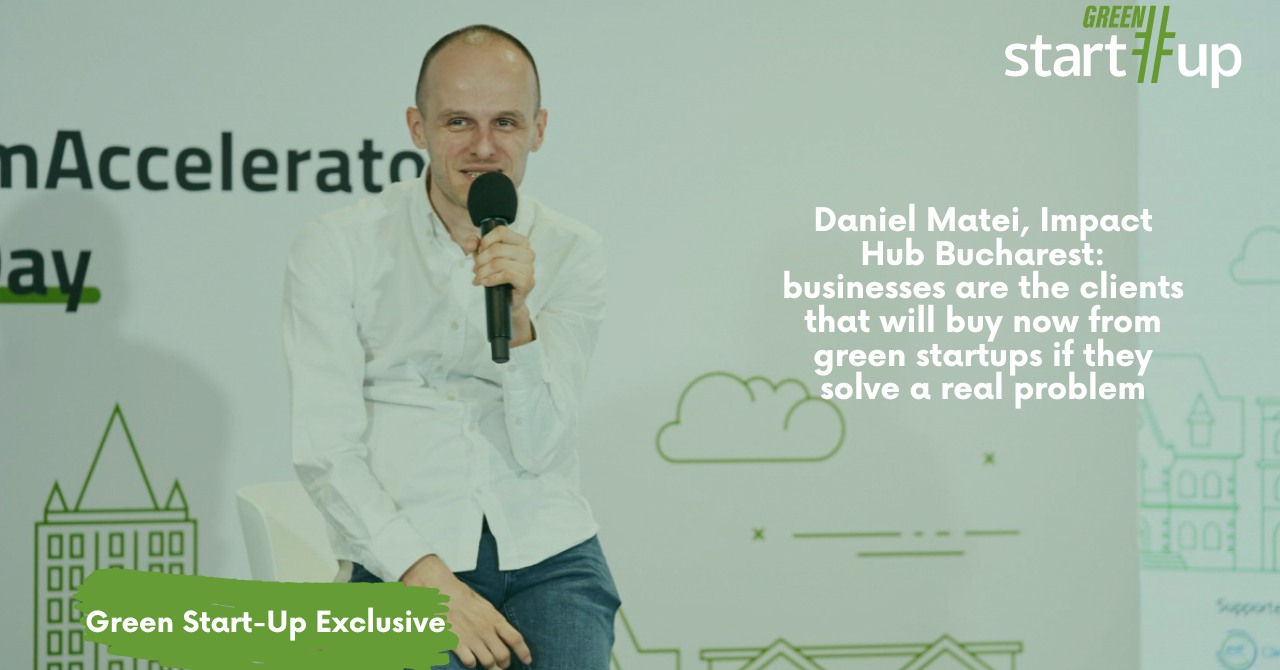



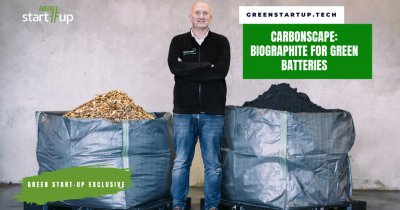
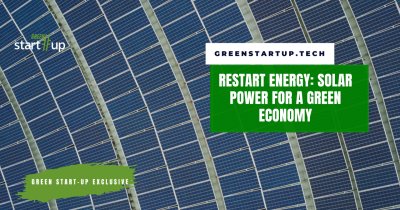
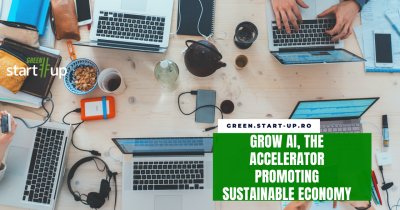
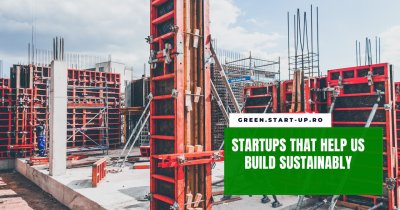
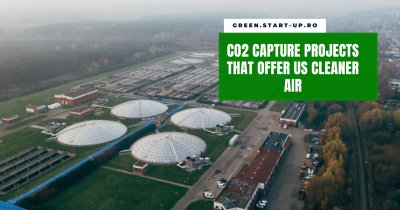
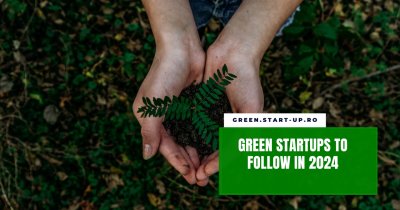
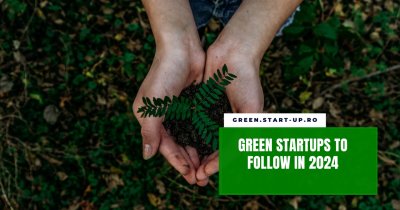
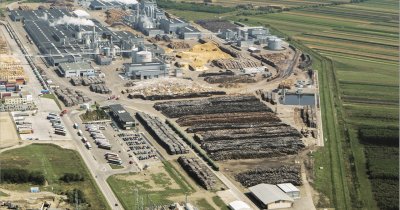

Any thoughts?